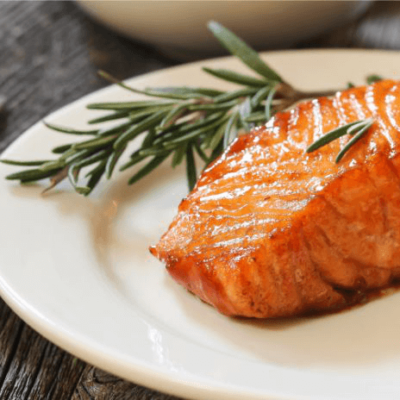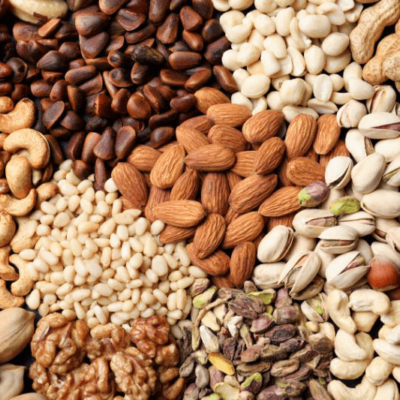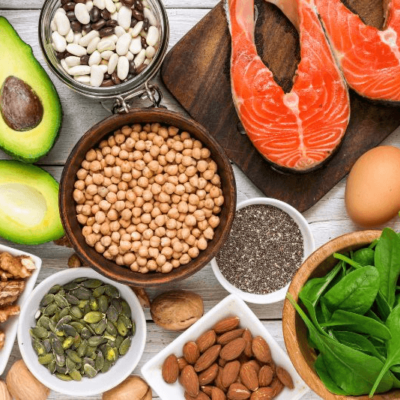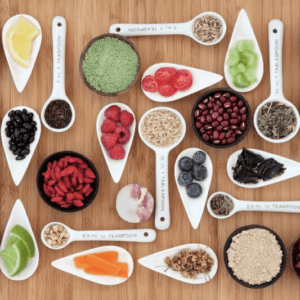The bacteria in your gut, collectively called the gut microbiota, are incredibly important for overall health.
A disruption in gut bacteria is linked to some of the world’s most serious chronic diseases, including obesity.
Good ways to improve gut health include eating probiotic foods like yogurt and sauerkraut, taking probiotic supplements, and eating plenty of fiber. Notably, fiber functions as fuel for your gut bacteria.
The importance of getting enough quality sleep cannot be overstated.
Poor sleep can drive insulin resistance, disrupt your appetite hormones, and reduce your physical and mental performance.
What's more, poor sleep is one of the strongest individual risk factors for weight gain and obesity. One study linked insufficient sleep to an 89% and 55% increased risk of obesity in children and adults, respectively.
Coffee is very healthy.
It’s high in antioxidants, and studies have linked coffee intake to longevity and a reduced risk of type 2 diabetes, Parkinson’s and Alzheimer’s diseases, and numerous other illnesses.
Fish is a great source of high-quality protein and healthy fat.
This is particularly true of fatty fish, such as salmon, which is loaded with omega-3 fatty acids and various other nutrients.
Studies show that people who eat the most fish have a lower risk of several conditions, including heart disease, dementia, and depression.
Processed junk food is incredibly unhealthy.
These foods have been engineered to trigger your pleasure centers, so they trick your brain into overeating — even promoting food addiction in some people.
They’re usually low in fiber, protein, and micronutrients but high in unhealthy ingredients like added sugar and refined grains. Thus, they provide mostly empty calories.
Sugary drinks are among the most fattening items you can put into your body.
This is because your brain doesn’t measure calories from liquid sugar the same way it does for solid food.
Therefore, when you drink soda, you end up eating more total calories.
Sugary drinks are strongly associated with obesity, type 2 diabetes, heart disease, and many other health problems.
Keep in mind that certain fruit juices may be almost as bad as soda in this regard, as they sometimes contain just as much sugar. Their small amounts of antioxidants do not negate the sugar’s harmful effects.
Despite being high in fat, nuts are incredibly nutritious and healthy.
They’re loaded with magnesium, vitamin E, fiber, and various other nutrients.
Studies demonstrate that nuts can help you lose weight and may help fight type 2 diabetes and heart disease.
Additionally, your body doesn’t absorb 10–15% of the calories in nuts. Some evidence also suggests that this food can boost metabolism.
In one study, almonds were shown to increase weight loss by 62%, compared with complex carbs.
Not all carbs are created equal.
Refined carbs have been highly processed to remove their fiber. They’re relatively low in nutrients and can harm your health when eaten in excess.
Studies show that refined carbs are linked to overeating and numerous metabolic diseases.
Saturated fat has been controversial.
While it’s true that saturated fat raises cholesterol levels, it also raises HDL (good) cholesterol and shrinks your LDL (bad) particles, which is linked to a lower risk of heart disease.
New studies in hundreds of thousands of people have questioned the association between saturated fat intake and heart disease
Lifting weights is one of the best things you can do to strengthen your muscles and improve your body composition.
It also leads to massive improvements in metabolic health, including improved insulin sensitivity.
The best approach is to lift weights, but doing bodyweight exercises can be just as effective.














